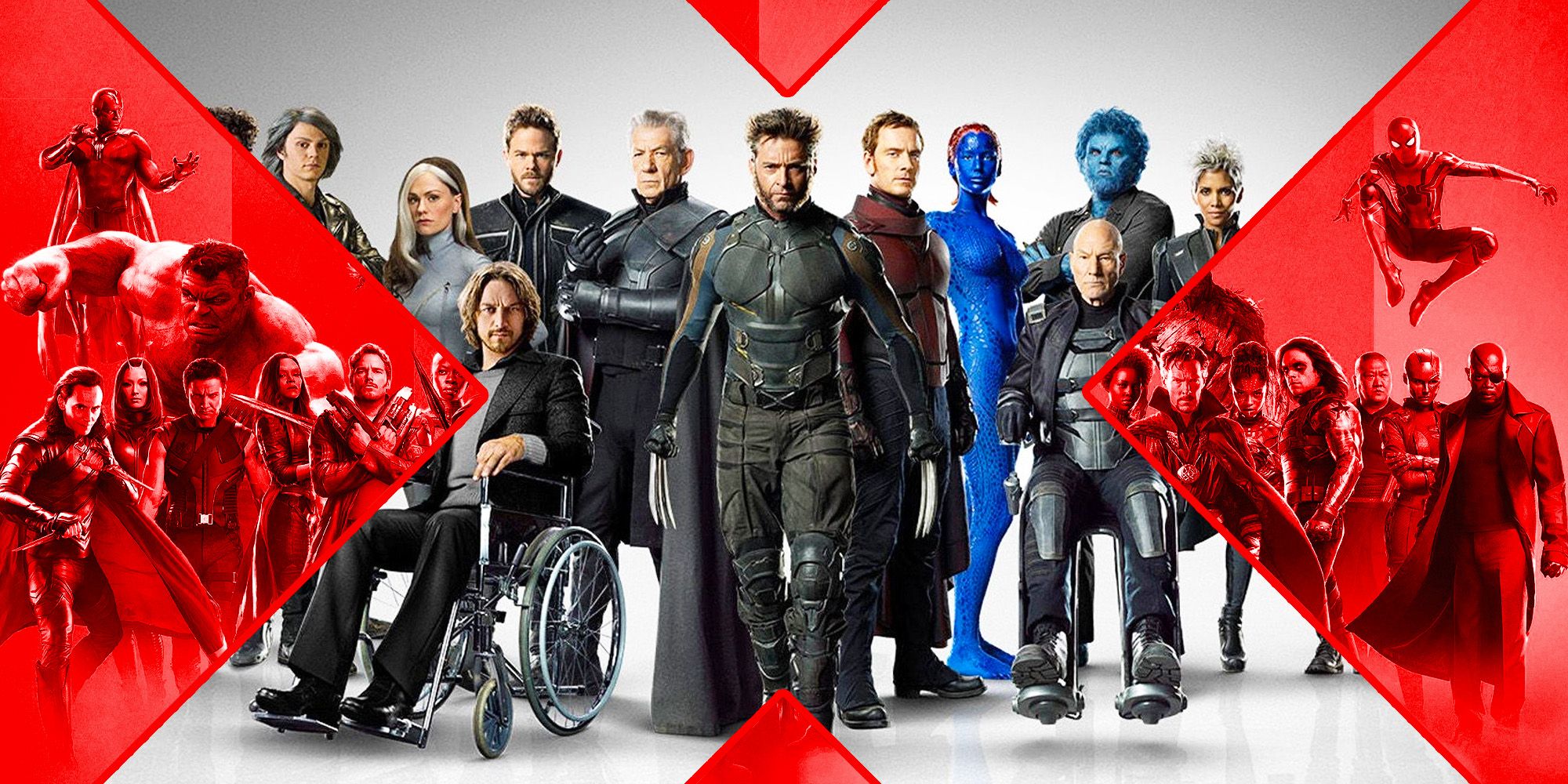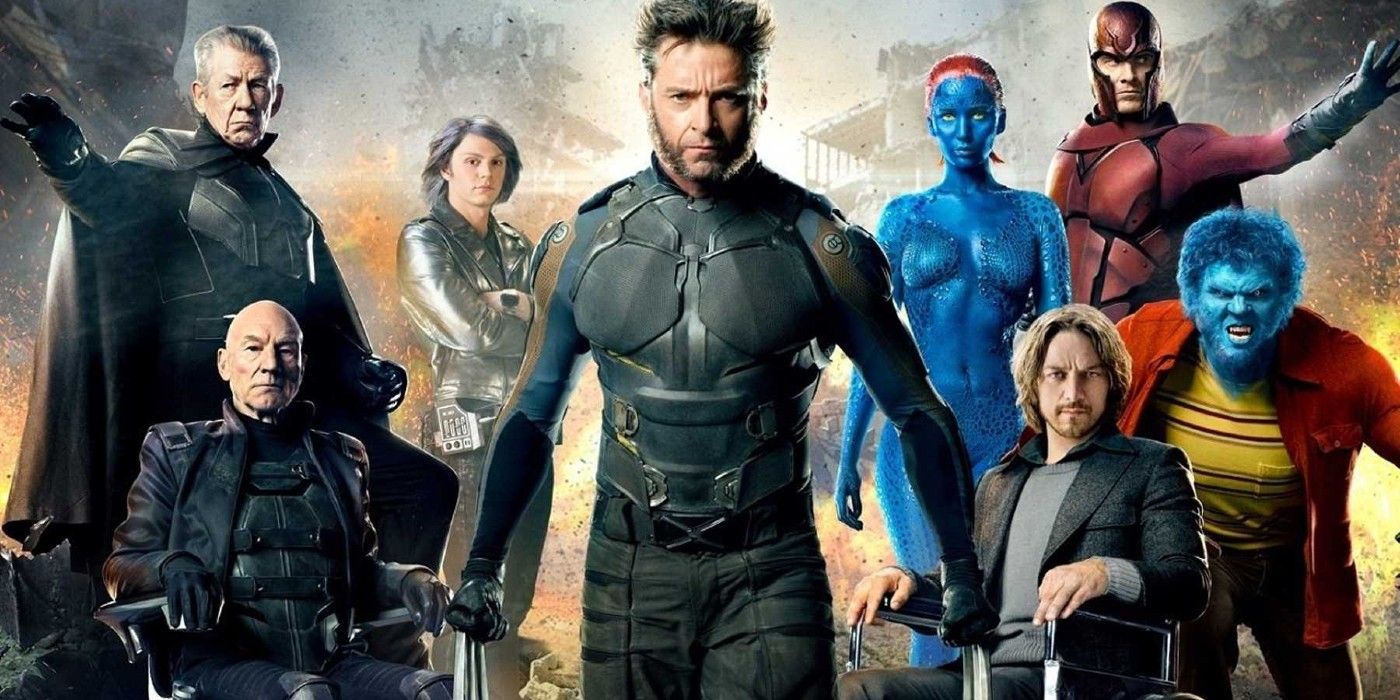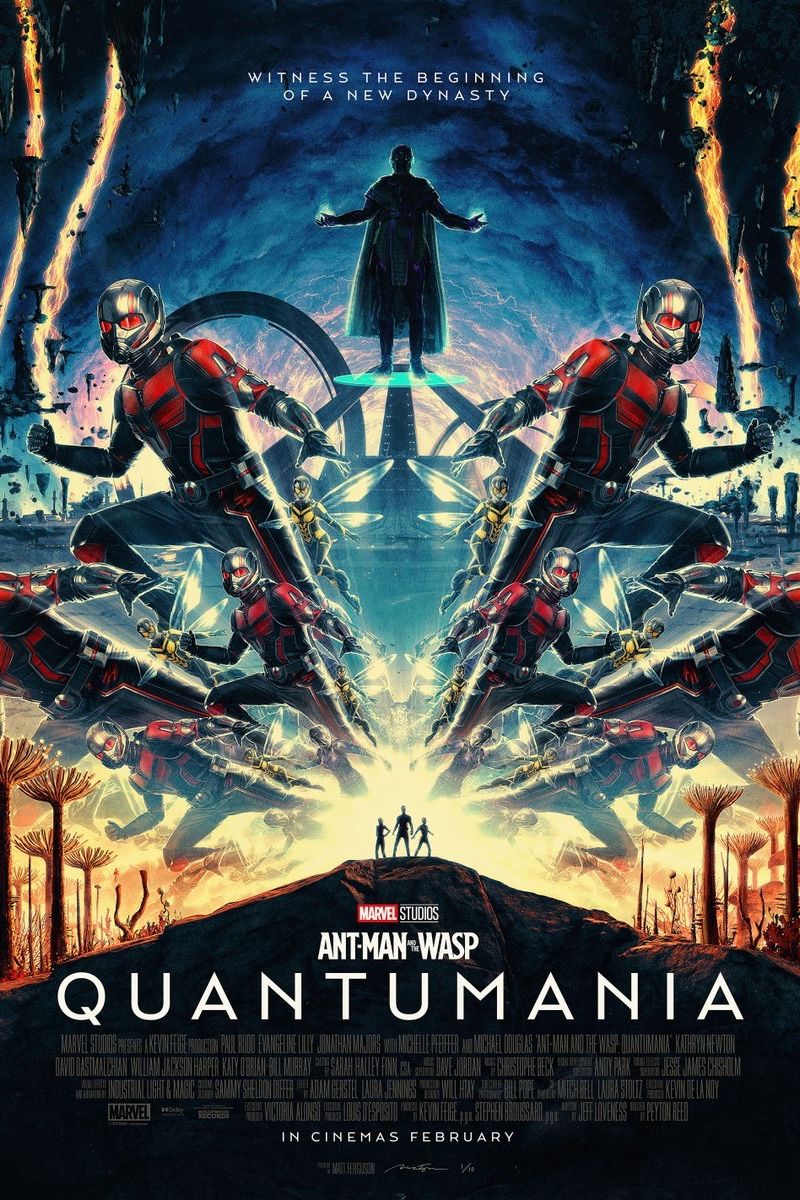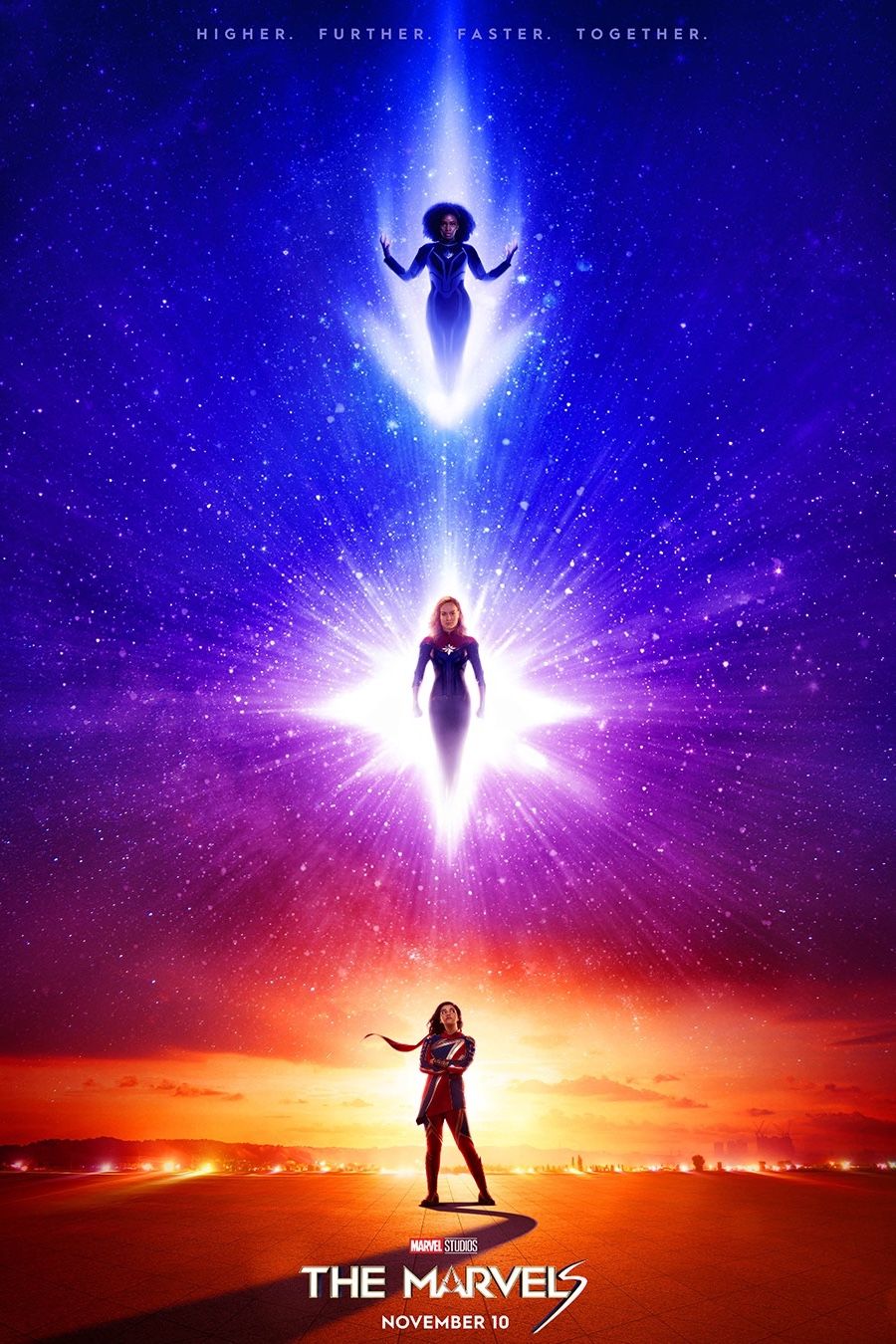The MCU will eventually adapt the iconic X-Men comics for the first time in live-action since Fox’s now-defunct X-Men franchise with a major advantage over its predecessor. Following the success of Blade but preceding Sam Raimi’s genre-redefining Spider-Man film, 2000’s X-Men helped bring Marvel’s iconic comic book characters to cinemas at a time when superhero fiction was, for the most part, struggling to be taken seriously by people outside of their fairly niche fandoms. The Fox X-Men series, despite lasting for 20 years, never truly embraced its comic source material, a pitfall its MCU successor is sure to avoid if its four Phases of properties are any indication.
Superhero fiction was often dismissed or at best viewed with skepticism by those in the films industry for a time, with Richard Donner’s Superman films owing their title character’s popularity to his broader cultural significance than the comics themselves and four Batman anthology films being successful in large part due to their robust marketing campaigns. It was the success of 1998’s Blade and 2000’s X-Men that proved that even the most obscure superhero properties (relatively speaking) could become successful film franchises. Ultimately, however, Raimi’s Spider-Man films paved the way for the MCU by embodying their superhero comic source material and being met with massive critical and commercial success in the process.
Bryan Singer, whose first X-Men movie set the stage for the rest of Fox’s franchise, had little respect for Marvel’s X-Men comics, banning the cast members from reading them so that they would portray “three-dimensional characters” instead. However, Wolverine actor Hugh Jackman, one of the franchise’s most well-received elements, secretly read X-Men comics to prepare for the role (perhaps contributing to the success of his iconic performances). Although the films gradually grew closer to the comics as the franchise progressed, they never truly embraced the comics quite like the Raimi Spider-Man films or MCU, even during the height of both franchises. With a new, MCU-set, X-Men franchise in development, it’s safe to assume that it will be intrinsically more faithful to the X-Men comics and balance its vast cast of characters far better than Fox’s franchise.
Fox's X-Men Avoided Comic-Accuracy
For the most part, the Fox X-Men franchise failed to properly balance the ensemble cast of each film, focusing almost entirely on Wolverine, Professor X, Magneto, and Mystique (in the franchise’s later installments). While the X-Men comics have a vast array of heroes and antagonists, the Fox franchise struggled to meaningfully depict most of its characters and often repeated conflicts, rarely charting new territory in a series that lasted two decades. The vibrant colors, diverse cast of characters, and the juxtaposition of lighthearted adventure with darker subject matter from the X-Men comics were, unfortunately, absent.
The MCU’s first depiction of mutants, in the form of Patrick Stewart’s alternate universe Professor X in Doctor Strange in the Multiverse of Madness, implies that the MCU’s eventual version will take inspiration from another X-Men adaptation. Professor X is introduced with the musical theme of the 90s X-Men: The Animated Series and shown using the show’s iconic hoverchair. This animated version of the X-Men, which precedes Singer’s films, follows the X-Men comics quite faithfully, and Doctor Strange 2’s references to it, along with the MCU’s proven reverence for Marvel’s comics, suggest that the upcoming MCU version of the X-Men will be a far better adaptation of their iconic characters and storylines than Fox’s film franchise.







